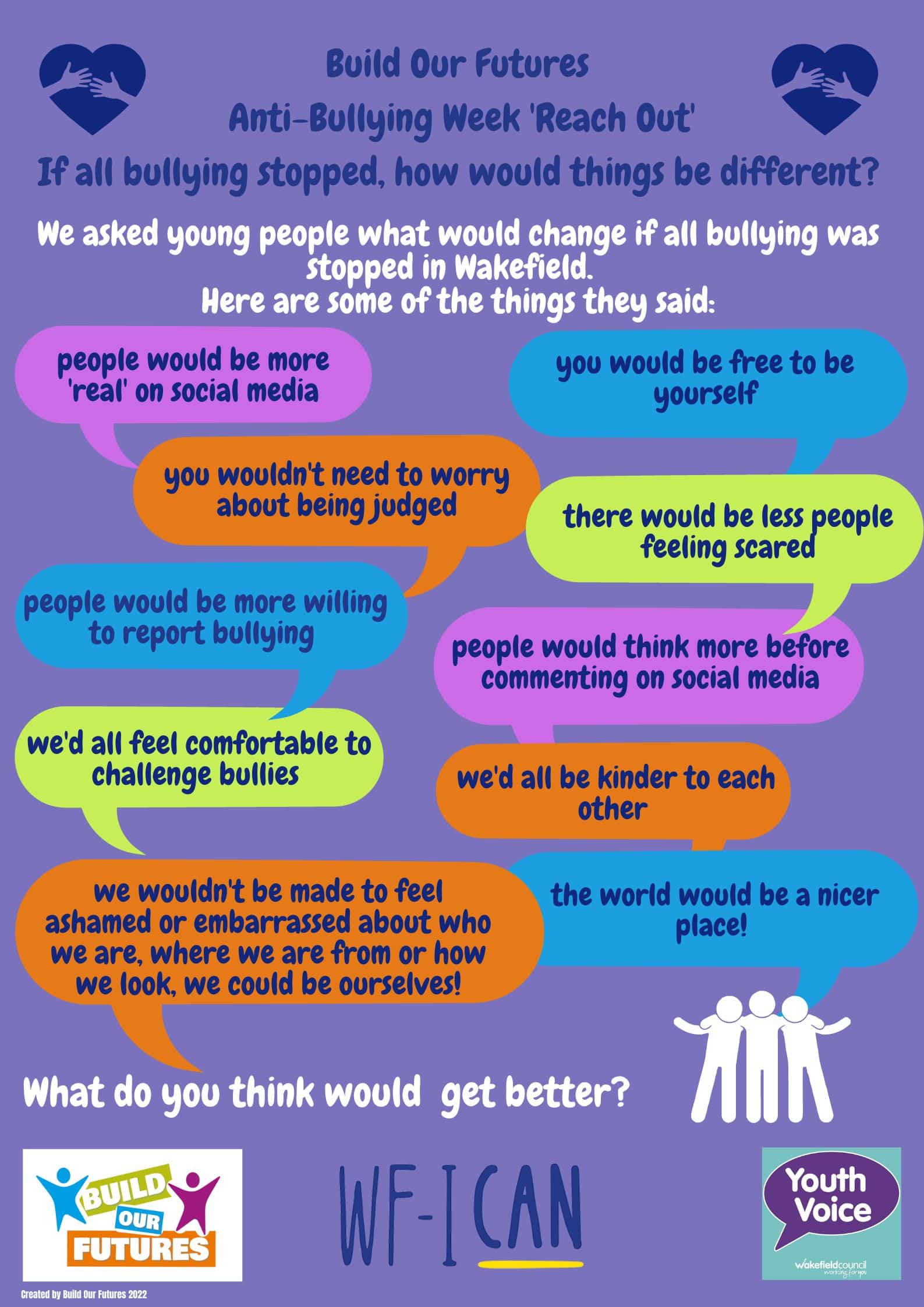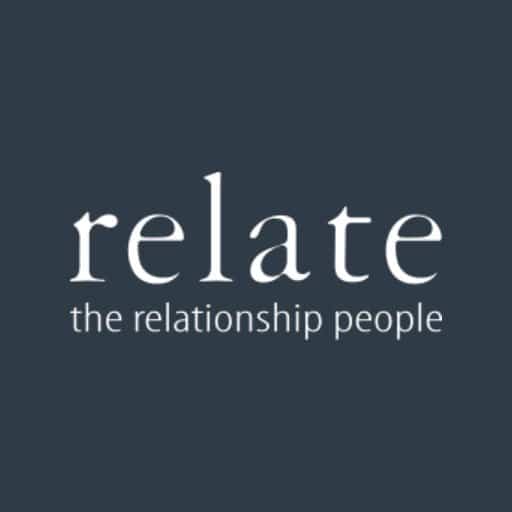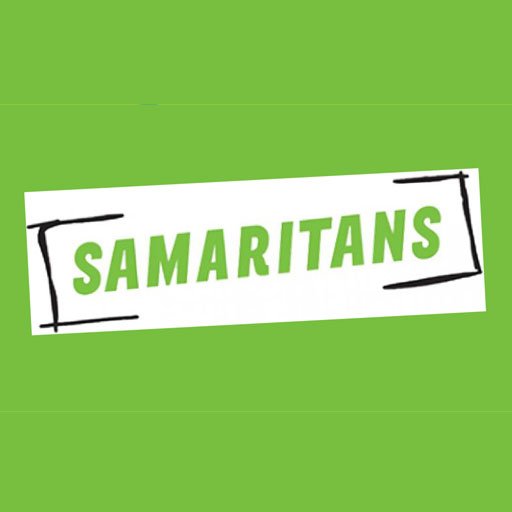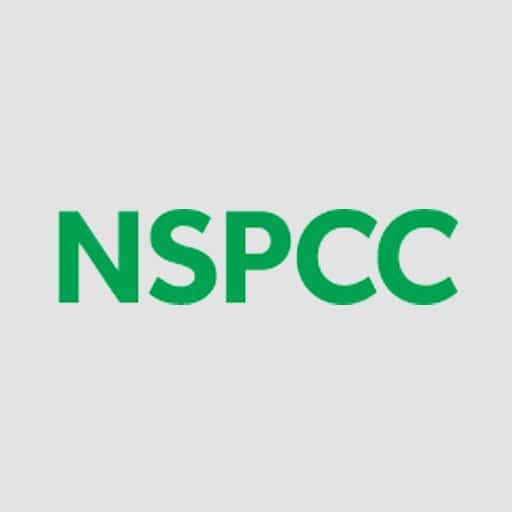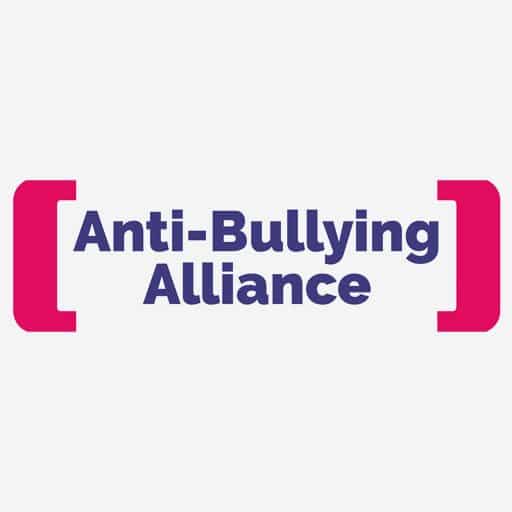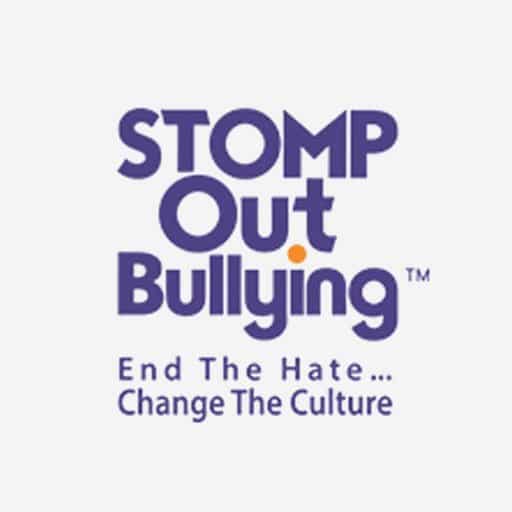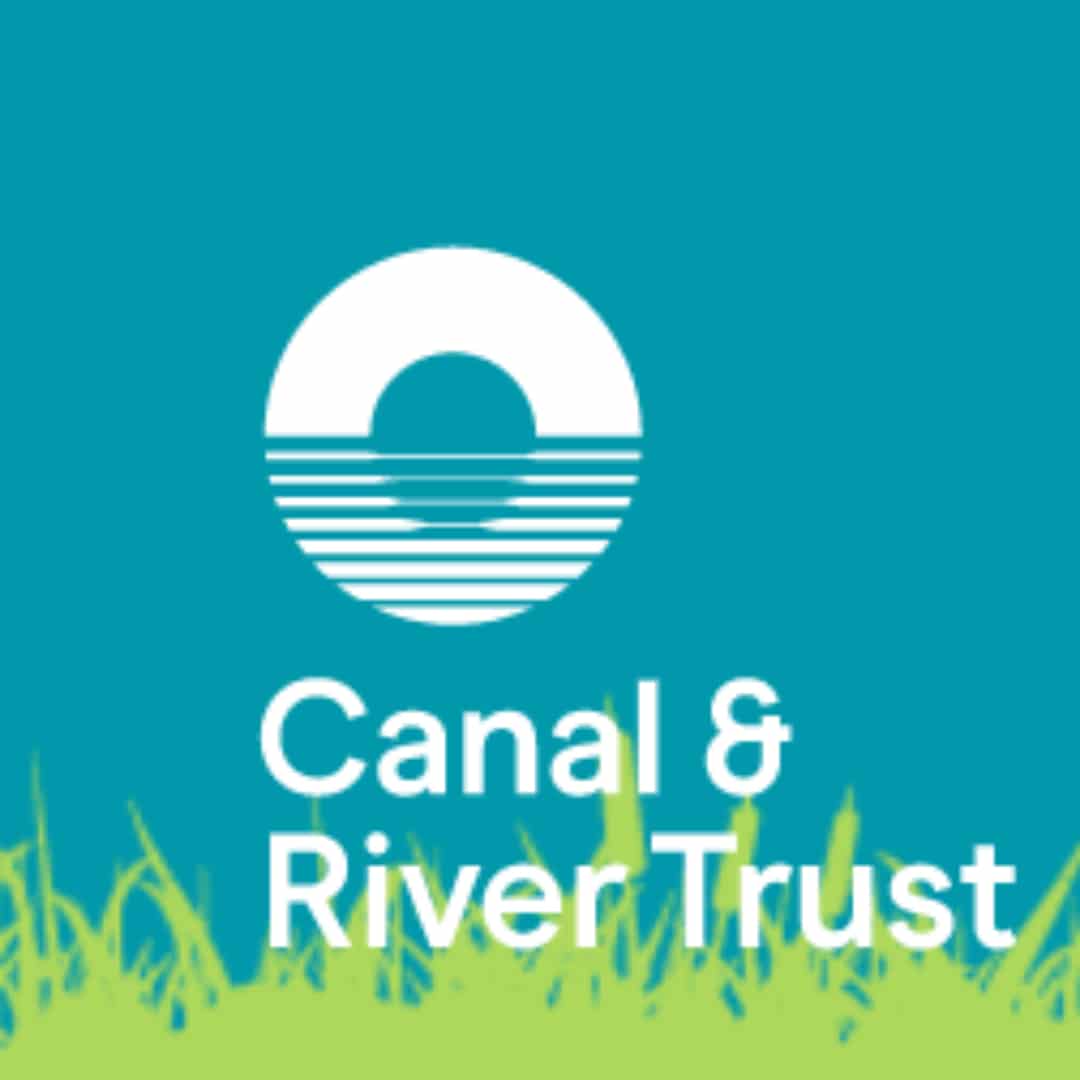BULLYING
Bullying is when a person or group tries to make someone feel upset, scared or ashamed.
It is not your fault and you should report it and seek help as soon as you can.
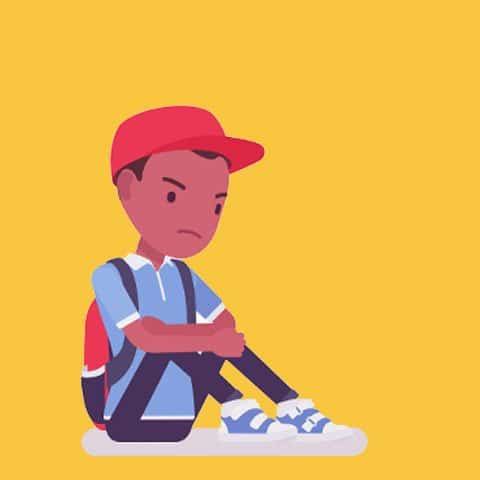
Where can bullying happen?
It can happen anywhere – at school, at home or online. It can only happen once or it can be repeated over a long period of time and can hurt both physically and emotionally.
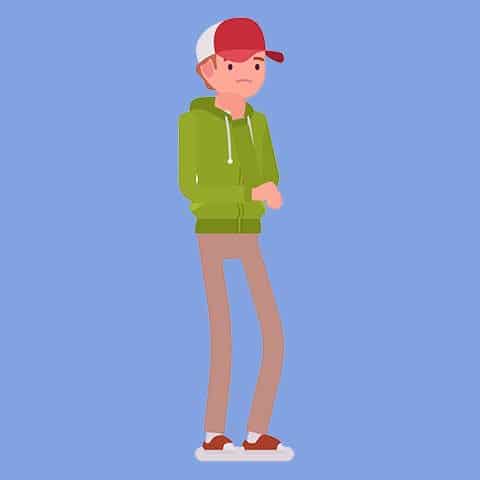
The effects and how you may feel if you are being bullied
The effects of bullying can last into adulthood. It can make you feel very upset and scared. Children who are bullied might:
- feel very upset and anxious
- not have as many friends
- find it hard to trust others
- worry about going to the places (school, clubs, online) where bullying takes / took place
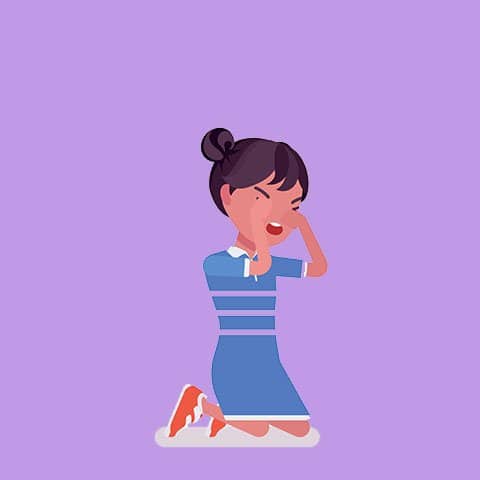
Bullying can happen face to face:
- being called names, teased or embarrassed (made to feel silly)
- being pushed, hit or hurt
- having money and other stuff stolen
- being ignored, left out or made to feel like you're not wanted
- others share your personal details without your permission
- picking on you over and over again
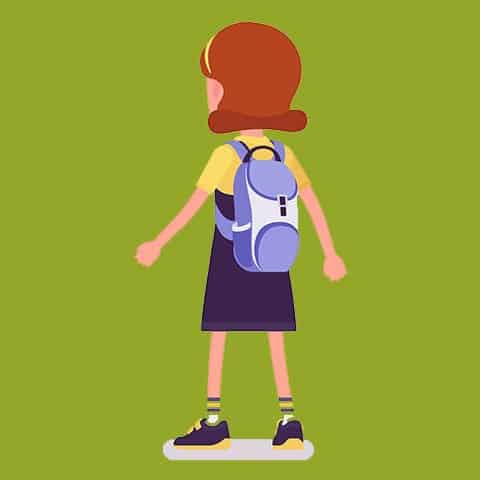
It can also happen online
- spreading rumours or starting group chats about you
- trolling you or commenting on your posts or pictures saying nasty things
- posting, commenting on or liking nasty photos, videos or posts about you online in a messenger service
- picking on you over and over again in an online game.
- being threatened or sent nasty messages
So what can you do if you find yourself being bullied?
Talk about it: Telling someone how you feel can be tough, but it can really help you feel less alone. Remember it is not your fault.
Let your feelings out: Bottling up your feelings can make them hard to cope with. But there are lots of ways you can let them out. Why not try: Drawing, colouring or anything else creative.
Get into a healthy routine: Make sure you get enough sleep, exercise, eat healthy, Spend time doing things you enjoy and surround yourself with people that make you happy.
Build your confidence: Things can change. And there are ways you can build your confidence.
Online: you can report and block people who bully you online.
Do not share or comment on bullying posts.
Reach out, get help and advice
Your mental health is just as important as your physical health. And if you're worried about it, it's important to get help, support and to always talk to someone you trust.
Building Confidence after Online Bullying (film by Childline)
5 Internet Safety Tips for Kids (film by Commonsense.org)
Talk to your parents/carers, teachers or your good friends.
Telling someone is the first step in taking control of the situation and the start of things beginning to improve.
Ant-Bullying Week Resources
Click here to visit the Weekly Challenge page and have a go at the Anti-Bullying Week Challenges!
Water Safety
Want to know more?

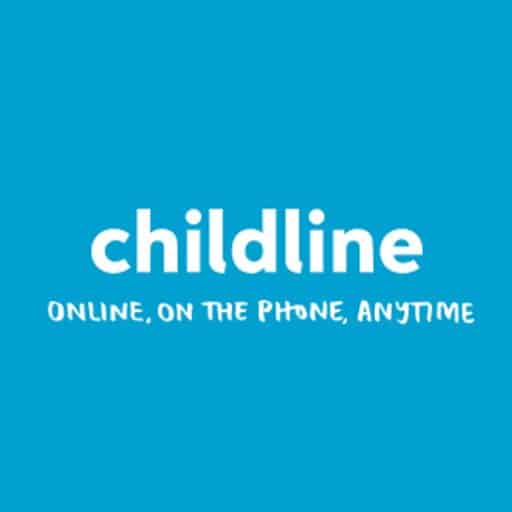
Childline: you can call 0800 1111 and speak to someone that will offer advice or go online where you will find lots of useful information.

Think U Know protects children both online and offline. You can even play games that will help with keeping safe online.

EACH has a freephone Helpline for children experiencing homophobic, biphobic or transphobic bullying or harassment: 0808 1000 143. It’s open Monday to Friday 10am-5pm

BullingUK: Get advice and support whenever you need it, you can also call the helpline on 0808 800 2222
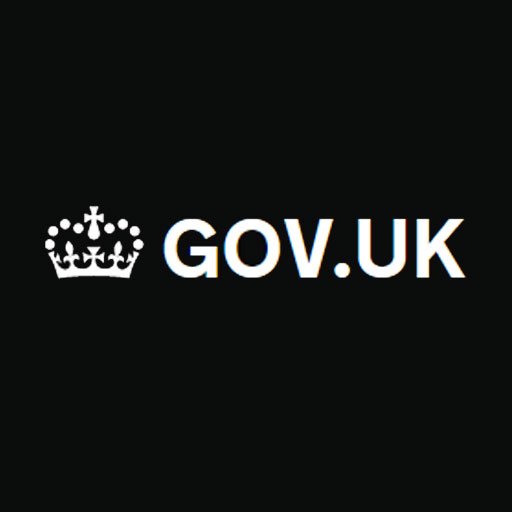
Direct Gov Bullying Information: Cyberbullying, bullying on social networks, Internet and email bullying, on mobile phones at school and more.

